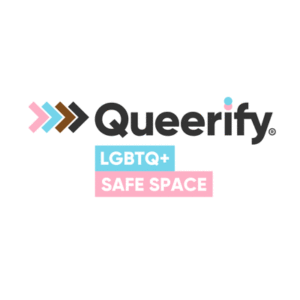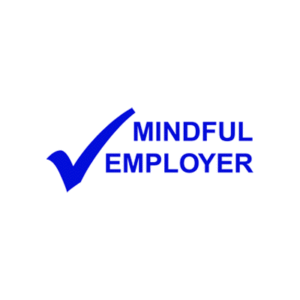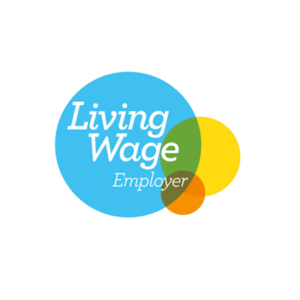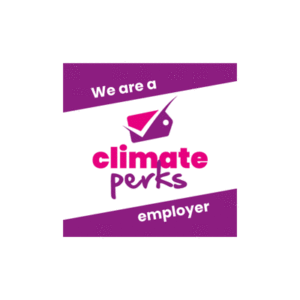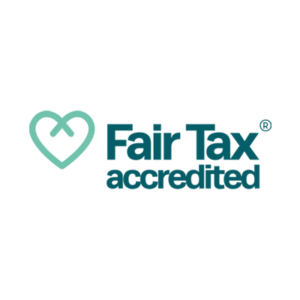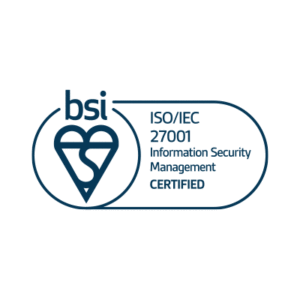In this blog we delve into how good charity CRM systems ensure data consistency and collaboration for remote and dispersed teams.
At Lamplight we’ve always been a dispersed team and we support flexible working patterns and work a nine-day fortnight. Many of our customers work in the same way. There are certainly some things you lose by not being all in the same place at the same time. The news suggests that some politicians and bigger companies appear to lack the imagination to solve these problems and have been demanding everyone troop back into the office. But the nature of charities (and Lamplight) means that this isn’t an option. So what role does a CRM play in making sure that your dispersed team works well?
The Challenge
Many charities have very flexible workforces. One of our customers has older volunteers who come in once a fortnight. Many will have part-time, flexi-working, or sessional staff with very different patterns. And trustees are more likely to be looking at things in the evenings or weekends around their other responsibilities.
Charities will often work in different locations. You may be in schools, libraries (those that are left), community facilities or people’s homes.
All of this makes managing your data really challenging. When you’re all in the same place at the same time it’s easier to keep a sense of what’s going on, or to have a quick chat if there’s something to share or sort out.
Processes Are Your Friend
Processes that are followed, that is. They mean that you can have some level of confidence that things that should be happening, are and that they are being done in the right way. Written processes save everyone some brain space – you don’t have to remember it all, you just have to remember to follow it.
When it comes to data, that’s things like what data should be entered, and when. Many of our customers produce cheat sheets for their key processes that step through what needs to be done. So that everyone knows that that crucial end of month report is run on the 2nd, that their data needs to be all up to date and correct.
A Single CRM System is Your Other Friend
For many organisations, COVID lockdowns made it clear that they needed a single source of data, accessible from anywhere. In computer programming terms it’s known as the ‘source of truth’ – the authoritative, reliable and trusted data source. Your charity CRM needs to be that for you.
For non-profit teams that may not see each other regularly in person, your CRM is going to be a major part of the way that you communicate.
Imagine the child of one of your clients has just been suspended from school. If your colleagues are also working with that family, they probably need to know that. Not knowing undermines your and their work, and may add to the stress that family is feeling. If the information is buried in a hand-written note, or saved in a Word file on your computer – that’s no good.
A single Source of Truth for your work with that family means everyone that needs it is up to date and can build on the work you’re doing.
In today’s increasingly remote and dispersed work environments, having a reliable CRM system is essential for charities to maintain accurate, consistent, and accessible data across teams. A well-implemented CRM fosters collaboration, enhances transparency, and ensures that everyone—no matter where they are—has access to the same up-to-date information. By centralising data and streamlining workflows, charities can improve efficiency, strengthen donor relationships, and make more informed decisions. Investing in the right CRM solution empowers dispersed teams to work cohesively towards a shared mission, driving greater impact and long-term success.
Photo by chika_milan







